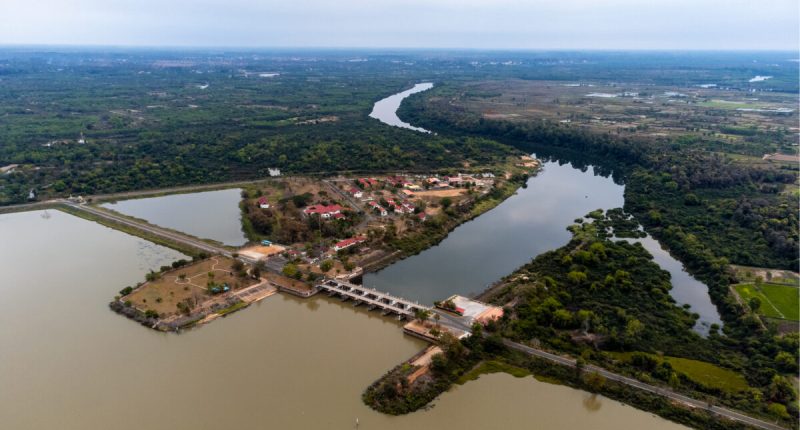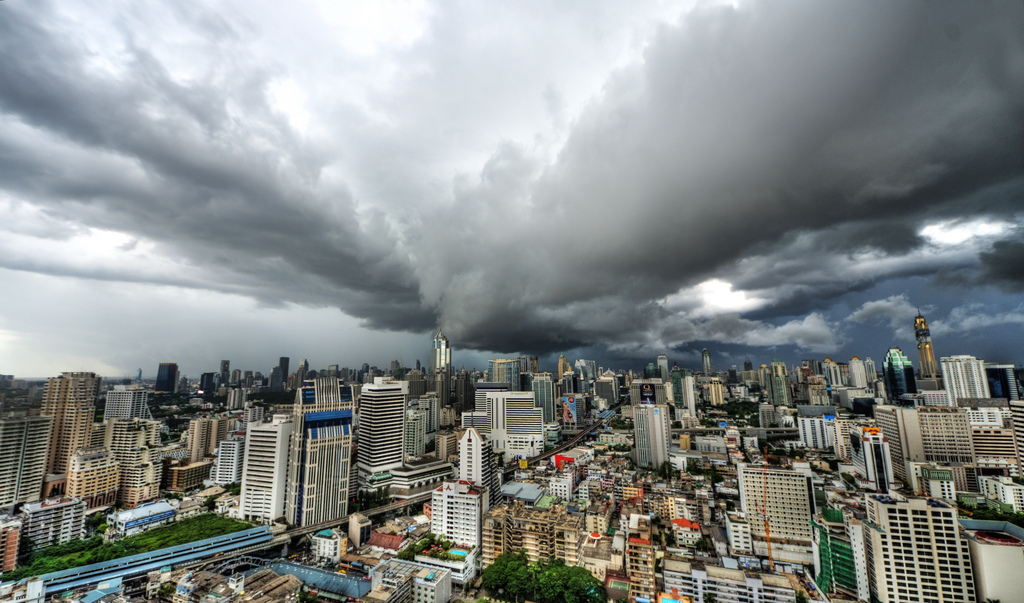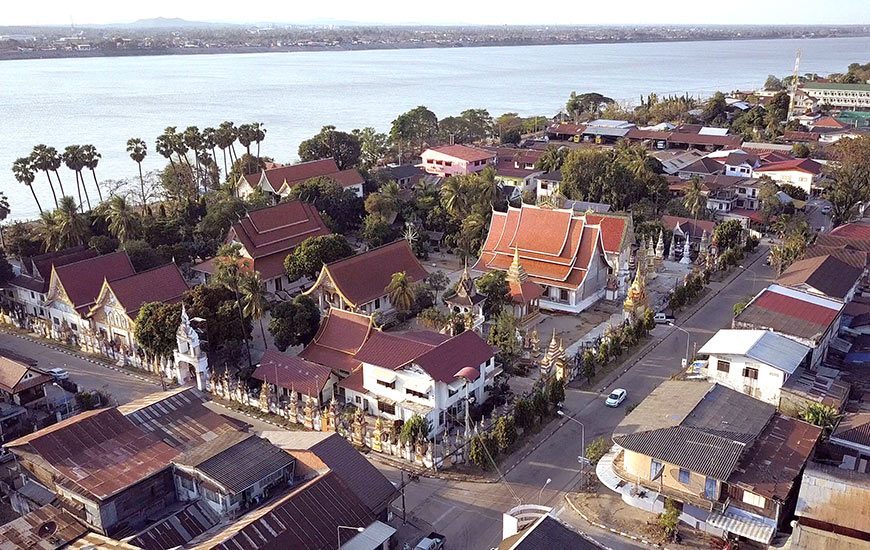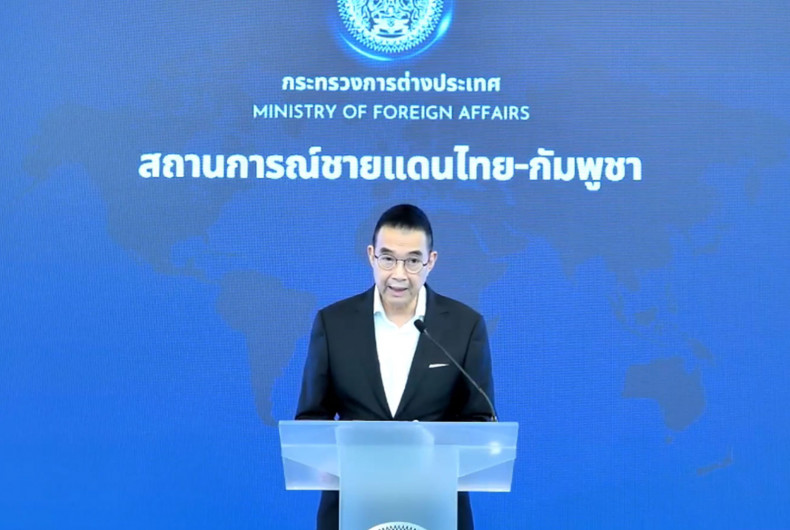How Mekong River Dams Threaten Thailand’s Environment and Economy
The National Human Rights Commission (NHRC) of Thailand recently issued a stern warning about the environmental and economic impacts of transboundary hydropower dams along the Mekong River. These projects, developed by Thai companies on the Thai-Lao border, pose significant risks to Thailand’s ecosystems, local economies, and community welfare. Here’s an overview of the NHRC’s concerns and the potential consequences for Thailand.
Hydropower Projects and Their Cross-Border Impacts on Thailand
The Four Hydropower Projects Affecting Thailand’s Borders
The NHRC’s report highlights four key hydropower projects:
- Ban Koum Dam
- Sanakham Dam
- Phou Ngoy Dam
- Pak Chom Dam
While these projects are located on the Lao side of the Mekong River, their proximity to Thailand could create adverse effects, particularly in provinces like Loei and Ubon Ratchathani.
Environmental and Social Concerns from Thai Communities
The NHRC’s intervention comes after complaints from local communities fearing environmental degradation, loss of natural resources, and potential human rights violations. These communities rely on the Mekong River for livelihoods, and the dams could disrupt their access to water, aquatic resources, and fertile land.
Environmental Consequences of the Mekong River Dams
Altered Hydrology and Erosion of Riverbanks
The dams will alter the natural flow of the Mekong River, potentially leading to severe erosion along Thailand’s riverbanks. This erosion threatens not only the environment but also infrastructure and agriculture in Thai border areas.
Disruption of Aquatic Ecosystems and Fish Migration
The Mekong River is home to diverse aquatic life, which relies on free movement along the river for breeding and feeding. The dams obstruct this natural migration, impacting fish populations and the communities dependent on fishing.
Increased Flooding Risks During Rainy Seasons
According to the NHRC, large water discharges from the dams during the rainy season could lead to sudden, devastating floods. Such flooding would affect Thai border communities, posing risks to life, property, and agricultural lands.
Economic and Social Impacts of Mekong Dams on Thailand
How the Dams Affect Local Economies and Livelihoods
Thailand’s local economies, especially those near the Thai-Lao border, depend on the Mekong River. Changes in the river’s flow and access to its resources would harm industries such as agriculture and fishing.
Border Security Concerns and Territorial Integrity
The construction of these dams may alter the deep-water channels that define the Thai-Lao border, potentially affecting Thailand’s territorial integrity. The Joint Boundary Commission (JBC), responsible for border management, may face difficulties if the river’s natural course is modified.
NHRC Calls for Government Action and Alternative Energy Solutions
The Role of the National Water Resources Office (ONWR)
The NHRC has called upon Thailand’s Office of the National Water Resources (ONWR) to conduct comprehensive assessments of the environmental and economic impacts of the hydropower projects. These assessments would help mitigate risks and inform better decision-making.
Re-Evaluating Thailand’s Energy Purchasing Plans
The NHRC also advised the Ministry of Energy to reconsider its electricity purchasing plans, urging a shift toward sustainable energy sources with minimal environmental impact.
Upholding Human Rights in Development Projects
The NHRC emphasized that the Thai government and private investors must uphold human rights according to the constitution and United Nations Guiding Principles (UNGP) on Business and Human Rights. This would involve ensuring project compliance with human rights standards and integrating safeguards to protect local communities.
Community and Environmental Advocacy Against Mekong Dams
Statements from Environmental and Community Advocates
Environmental advocates have voiced strong support for the NHRC’s recommendations. Pianporn Deetes of International Rivers noted that mainstream dams harm riverside communities without contributing significantly to Thailand’s energy supply. Montree Chantawong of Mekong Butterfly echoed this, urging the government to follow the NHRC’s advice to cancel further energy plans from Mekong dams.
Conclusion: Safeguarding Thailand’s Future from Cross-Border Dams
The NHRC’s warning about the Mekong River dams highlights the urgent need for sustainable development policies that consider environmental and community well-being. As Thailand evaluates these cross-border projects, prioritizing environmental preservation and human rights will be key to protecting the Mekong region’s fragile ecosystems and the livelihoods of its people.
Ref-Thai








